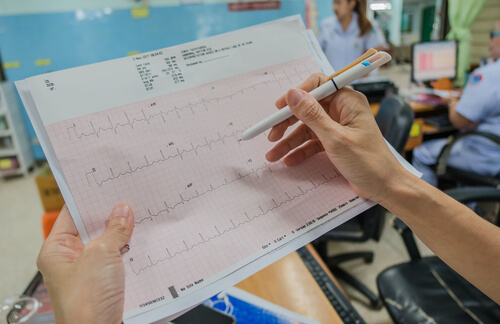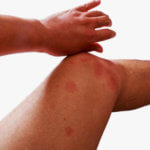
Our heart is a powerful muscle that beats non-stop throughout our entire life. Unlike other muscles like our skeletal muscles, it never gets tired and it keeps going on and on. Were it to stop working, it would literally be the end of our life since death is medically defined by the complete interruption of the heartbeat.
Our heart has four chambers that work together in order to pump our blood through our bodies, and they are all coordinated by a neural center that is located on the top right chamber, called the right auricula. This center is connected to the rest of the heart through channels that transmit the electrical signals that make the heartbeat. However, these channels can malfunction, resulting in the loss of coordination in the heart. This is called the Brugada syndrome, and it can cause health alterations and even a heart attack. These are its symptoms.
1. Type 1 Brugada ECG Pattern
This is the main symptom of Brugada syndrome, and it is required in order to be properly diagnosed. If you are suspected to have Brugada syndrome, a clinical doctor or a cardiologist will indicate that you get an electrocardiogram (ECG) performed on you so doctors can see the electrical pattern of your heartbeat. People with Brugada syndrome have a very characteristic ECG profile, so this condition is very easy to diagnose with this sort of test.
If you have some of the other symptoms on this list, you might want to get tested just in case. Also, since the Brugada syndrome is partially linked to genetic inheritance, you should also get tested if a close relative of yours, for example, a parent or a sibling, has been diagnosed with Brugada syndrome, as you have a higher chance of developing this heart condition as well.


